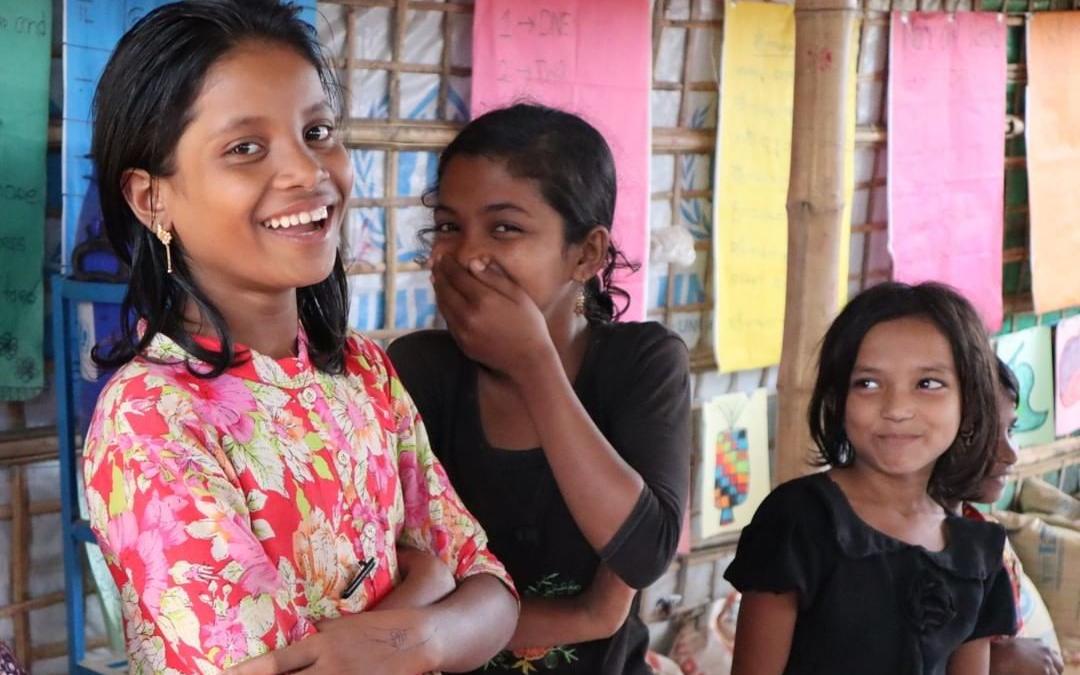
Quality education is a concept so many of us take for granted day in and day out. It wasn’t that long ago we used to complain about it until the cows came home, in fact, dreading every day that we had to wake up and go to school. Now that’s been replaced with work. Ugh, the system, am I right?
Like many things in this life, perspective shifts that distaste pretty quick sticks. There are so many people throughout the world who would give anything for even a taste of the education and employment opportunities we’ve been blessed with in Australia – females moreso, in many instances.
So here I am to offer that aforementioned perspective, with some stats from Plan International – a global charity striving to advance children’s rights and equality for girls all over the world.
This Christmas, Plan International have partnered with The Body Shop so that every purchase made between November and December 2019 will help to provide training and skills for 1,500 girls in Indonesia and Brazil. Together, we can all help to make the world a better place through the positive effects of quality education.
1. Unemployment affects more young women than men in almost all regions of the world.
2. Of the 621 million young people not in education, employment or training throughout the world, girls and young women make up the majority of this number.
3. The female youth unemployment rate is almost double that of young men in Northern Africa and Arab States, reaching as high as 44.3 and 44.1% respectively.
4. More than two thirds of all child domestic workers are girls. They are vulnerable to exploitation and violation of their rights.
5. There were 52.6 million domestic workers in the world in 2010. 80% were women.
6. Only 18% of the biographies on Wikipedia are about women.
7. There is at least one law that is acting as a barrier to economic equality for women in 90% of countries.
8. In the world, women earn, on average, 24% less than men.
9. Women earn more than 30% less than men in Sub-Saharan Africa and Southern Asia.
10. In 18 countries throughout the world, a woman has to ask her husband’s permission to work.
11. Gender norms are one of the main obstacles faced by girls and young women when they want to access education or employment. Working with families, community and religious leaders, men and boys is crucial to challenge these social norms and attitudes.
12. In Brazil, less than 20% of political positions are held by women.
The implications around employment and education inequality aren’t so black and white, but they are significant. Whether or not youth are enrolled or employed has major implications for future economic growth, development and stability.
Proper education can help to provide better futures for families and countries, and, in short, make the world a better place. And you can help to make this difference with purchases at The Body Shop this Christmas helping contribute to this positive change we need to see in the world.
Together, we can absolutely make the positive and necessary change needed for female education around the globe.
That’s what the Christmas spirit is all about, after all!



